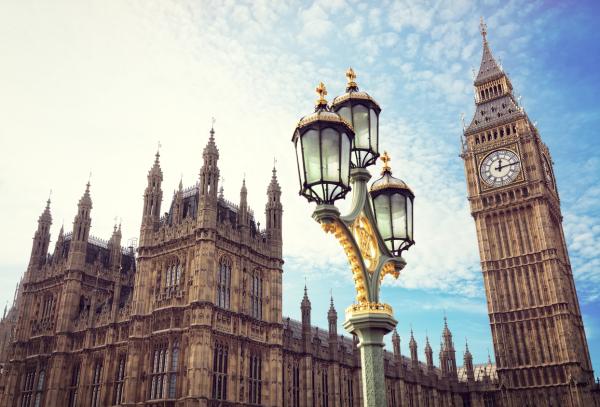
ATT welcomes Lords recommendations on tax advice regulation
The Association of Taxation Technicians (ATT) has welcomed a recommendation from a House of Lords Committee that the Government should consult on options for how tax advisers currently outside professional bodies might be brought within a regulatory framework. ATT has also welcomed the Committee’s recommendation that HMRC work closely with the tax professional bodies on interim action to help taxpayers source reliable tax advice, such as a register of tax advisers.
These recommendations appear in the House of Lords Economic Affairs Committee Finance Bill Sub-Committee’s report, New powers for HMRC: fair and proportionate?1 published on 19 December. The Committee had received written and oral evidence from a wide range of organisations and individuals including the ATT. As well as raising standards in the tax advice market the report covers how to tackle promoters of tax avoidance, HMRC’s civil information powers, new tax checks on licence renewal applications and the process for agreeing new powers for HMRC.
Jeremy Coker, President of the ATT, said:
“This is a thought-provoking report by the House of Lords which merits serious consideration by the Government, all of us involved in providing tax advice and anyone with an interest in the balance between powers and safeguards.
“We strongly agree with the Lords’ conclusion2 that the proposed measures to target promoters are unlikely to be sufficient to drive the hard core out of business and that the Government should continue to look for new approaches to tackling promoters. We think that a radical solution is needed and that this is likely to require consideration of the wider tax advice market.
“A particular area of interest to the ATT is the Committee’s recommendation3 that the Government should consult on options for how currently unregulated tax advisers could be included within a regulatory framework. The Committee concluded4 that introducing a new form of regulation would be a big step which would require detailed consultation and an extended transitional period. It noted that ATT had produced a road map5 designed to include non-members of professional bodies within their scope.
“We believe an approach which builds on the strengths of the existing professional bodies is the best way forward in this area. That would be more cost-effective, less disruptive and better for consumer protection than the alternative of some form of statutory regulation.6
“We welcome the Lords’ recognition of the role that professional bodies can play in raising advice standards for taxpayers and their call for HMRC to work closely with bodies such as ourselves to help taxpayers source reliable tax advice, for example through our suggestion of a combined register of tax advisers.7
“The Lords make a large number of thoughtful proposals in the report, including around the processes for considering future extensions of HMRC’s powers. This report is definitely on my list of recommended Christmas reading for Treasury ministers.”
Notes for editors
1. The Report is found here. Its content is wider than its title might suggest. Page and paragraph references below are to the Report.
2. Paragraph 53 on page 19.
3. Paragraph 98 on page 28.
4. Paragraph 90 on page 27.
5. The road map produced by ATT is found in the Appendix to ATT’s response of 6 August 2020 to an HMRC call for evidence on Raising standards in the tax advice market.
6. The HMRC call for evidence (referred to in Note 4 above) suggested two main options to wider regulation of the tax advice market:
- “Option E: Maximising the regulatory/supervisory role of current professional bodies. Recognising the good work that many professional bodies do to maintain standards, one option which would meet the objectives for reform would be to introduce a legal requirement for anyone who want to provide tax advice on a commercial basis to belong to a recognised professional body.”
- “Option F: “External regulation. One option would be to require anyone who wanted to provide tax advice by way of business to register with a government regulator before they could operate in the market. Before any regulator was set up, further consultation would be required to resolve questions such as how it should be funded, the extent of its powers, and its status as an independent or arms-length body.”
7. Paragraph 98 on page 28.














